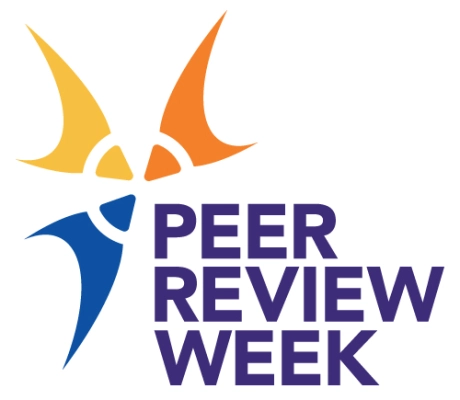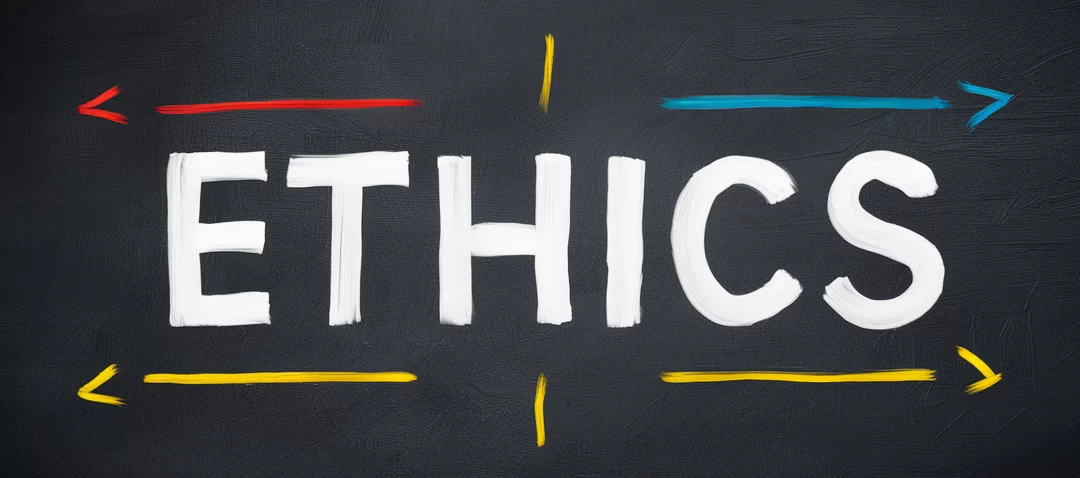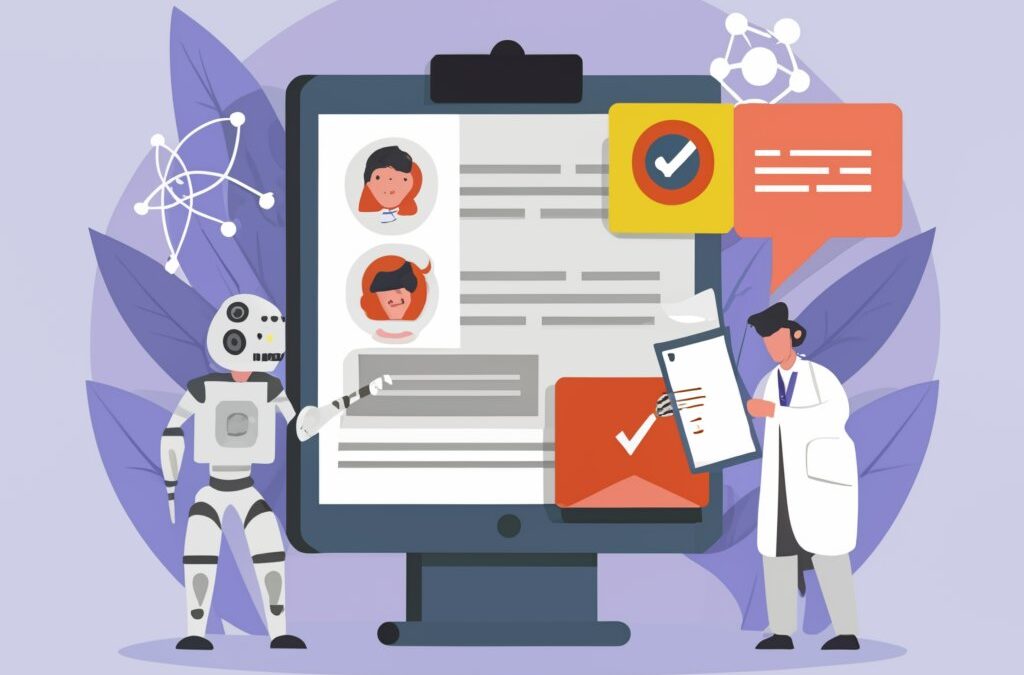 Anyone who has worked in the peer review system knows that things are in a state of flux right now. It is a system that has seen a heavy, almost overwhelming, burden on mostly volunteer reviewers. A study in 2020 analyzing peer review across all academic journals...
For this year’s Peer Review Week, the theme selected was “Innovation and Technology in Peer Review”. We’ve spoken at length in recent posts about how AI and technology have changed the nature of peer review. We’ve specifically discussed ChatGPT’s growing role in peer...
Anyone who has worked in the peer review system knows that things are in a state of flux right now. It is a system that has seen a heavy, almost overwhelming, burden on mostly volunteer reviewers. A study in 2020 analyzing peer review across all academic journals...
For this year’s Peer Review Week, the theme selected was “Innovation and Technology in Peer Review”. We’ve spoken at length in recent posts about how AI and technology have changed the nature of peer review. We’ve specifically discussed ChatGPT’s growing role in peer...
 The academic publishing landscape is undergoing significant changes, with a growing focus on author and research integrity, alongside the increasing integration of AI. There’s mounting pressure for greater transparency and efficiency in peer review as...
The academic publishing landscape is undergoing significant changes, with a growing focus on author and research integrity, alongside the increasing integration of AI. There’s mounting pressure for greater transparency and efficiency in peer review as...
 One of the new buzz problems in scholarly publishing is the growing notion of citation manipulation by journals and publishing societies. We’ve previously written about the recent trend of “citation boosting services” selling fake AI-generated articles with citations...
One of the new buzz problems in scholarly publishing is the growing notion of citation manipulation by journals and publishing societies. We’ve previously written about the recent trend of “citation boosting services” selling fake AI-generated articles with citations...
 Scholarly misconduct unfortunately seems to be on the rise in recent years. Paper mills are becoming more and more prevalent by the day. More than 8,000 papers were retracted by publisher Hindawi. Wiley’s newest AI paper detection software found that 10-13% of papers...
Scholarly misconduct unfortunately seems to be on the rise in recent years. Paper mills are becoming more and more prevalent by the day. More than 8,000 papers were retracted by publisher Hindawi. Wiley’s newest AI paper detection software found that 10-13% of papers...
 We’ve almost talked to death the topic of ChatGPT’s authorship role and the ethics of authors using it and other AI tools to produce manuscripts in past blog posts. Yet, this doesn’t change the fact that AI continues to infiltrate every step of the scholarly...
We’ve almost talked to death the topic of ChatGPT’s authorship role and the ethics of authors using it and other AI tools to produce manuscripts in past blog posts. Yet, this doesn’t change the fact that AI continues to infiltrate every step of the scholarly...






